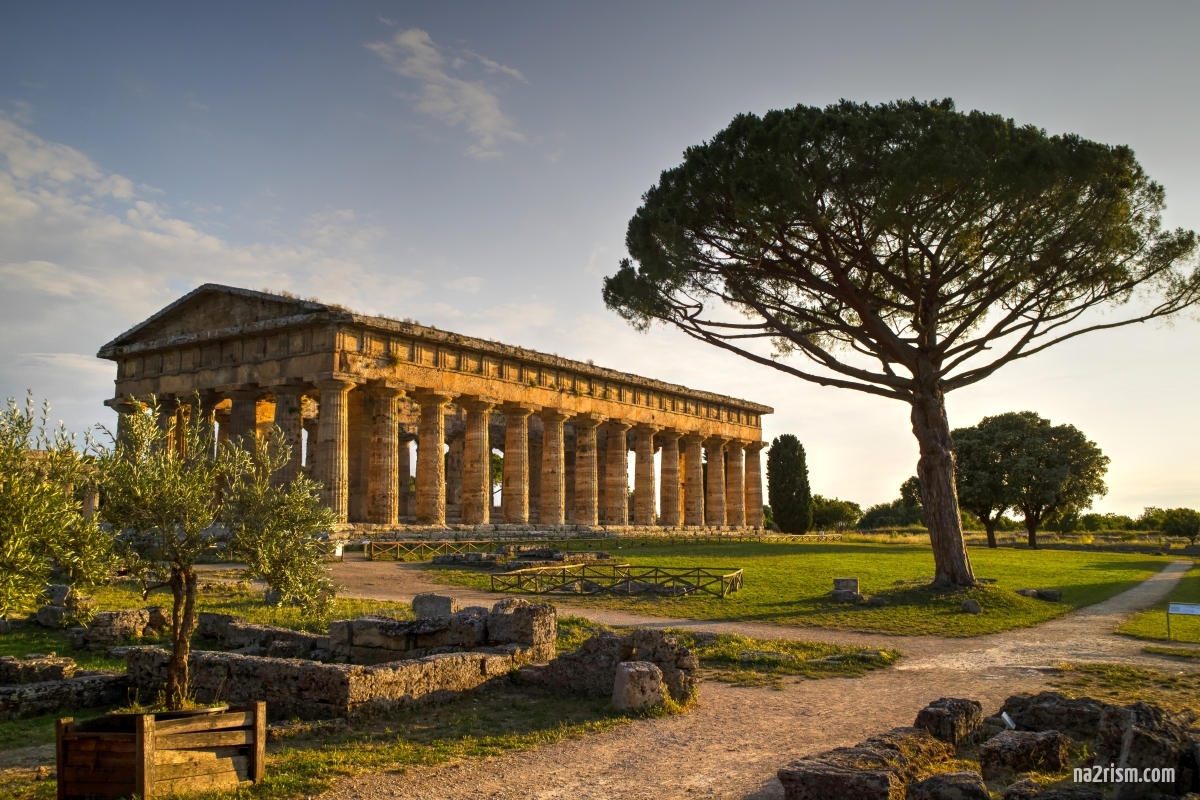Nudity played an important role in the culture and society of ancient Greece. In this article, we will explore the significance of nudity in ancient Greek art, athletics, and everyday life.
Art
Nudity was a common theme in ancient Greek art. Sculptures, pottery, and other works of art depicted nude figures in a variety of contexts. Male athletes were often depicted nude in action, emphasizing their physical prowess and strength. Female figures were also depicted nude, although they were usually shown in a more modest pose, covering their breasts and genitals with their hands or clothing.
The use of nudity in ancient Greek art was not meant to be sexual or titillating. Instead, it was a way of expressing the ideal human form, emphasizing the beauty and perfection of the human body. The Greeks believed that the human body was a work of art, and that nudity was a way of showcasing that artistry.
Athletics
Nudity was also an important part of athletic competitions in ancient Greece. The Olympic Games, which were held every four years in Olympia, Greece, featured nude male athletes competing in a variety of events, including running, wrestling, and boxing. The athletes competed in the nude to emphasize their physical strength and agility, and to ensure that no one was hiding any performance-enhancing devices or clothing.
The Greeks believed that physical fitness and athleticism were essential to a healthy body and mind. By competing in the nude, the athletes were able to showcase their physical abilities without the interference of clothing or equipment. The Olympic Games were not just a sporting event; they were a celebration of human excellence and a way of promoting physical fitness and health.
Everyday Life
Nudity was also a common part of everyday life in ancient Greece. Men and women often bathed together in public baths, and it was not uncommon for people to be nude in social settings. Nudity was seen as a natural and healthy part of life, and was not associated with shame or embarrassment.
The Greeks believed that nudity was a way of connecting with nature and with each other. By being nude, people were able to break down the barriers of social class and status, and to connect with each other on a more equal footing. Nudity was also seen as a way of promoting physical health and hygiene, as it allowed the skin to breathe and reduced the risk of infections or rashes.
Nudity played an important role in the culture and society of ancient Greece. It was a way of expressing the ideal human form, promoting physical fitness and health, and connecting with nature and each other. The Greeks believed that the human body was a work of art, and that nudity was a way of showcasing that artistry. Although nudity is no longer as prevalent in modern society, the legacy of ancient Greece lives on in our appreciation of the beauty and artistry of the human body.

